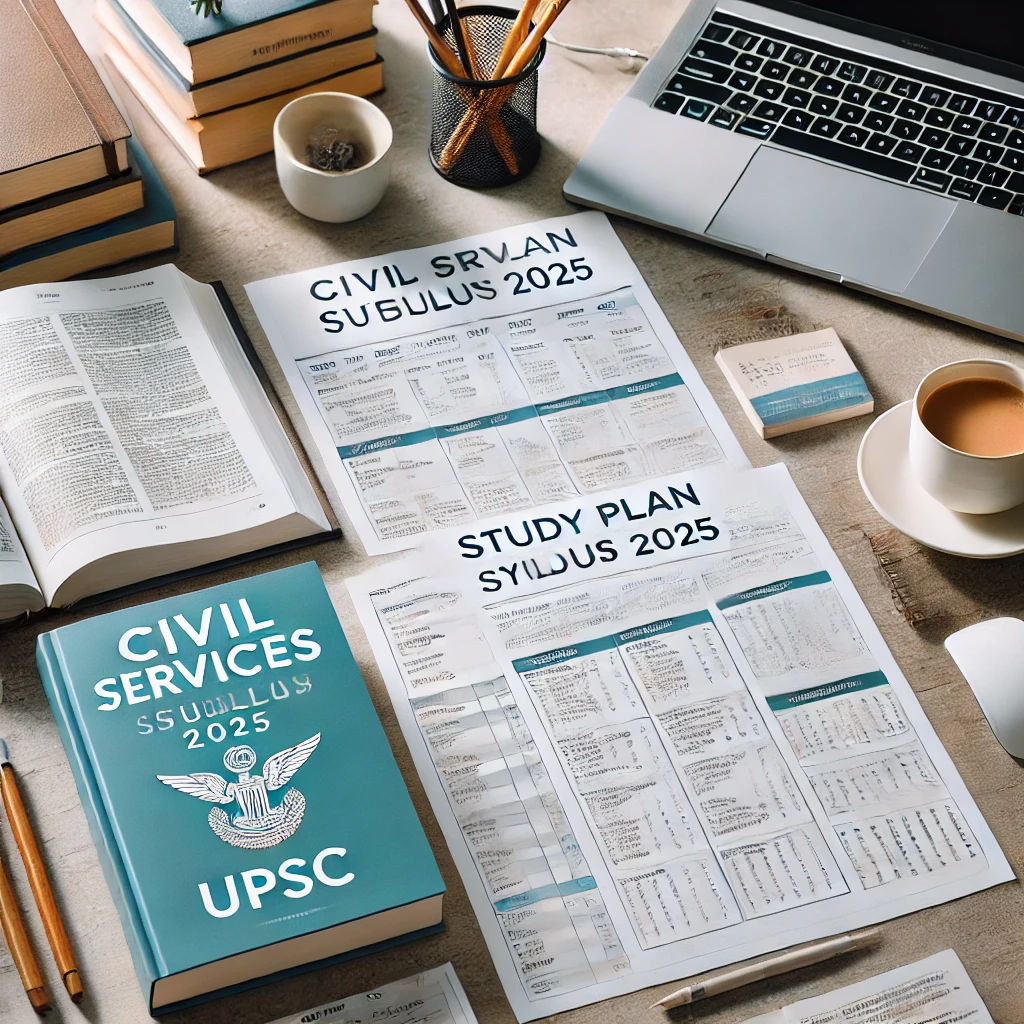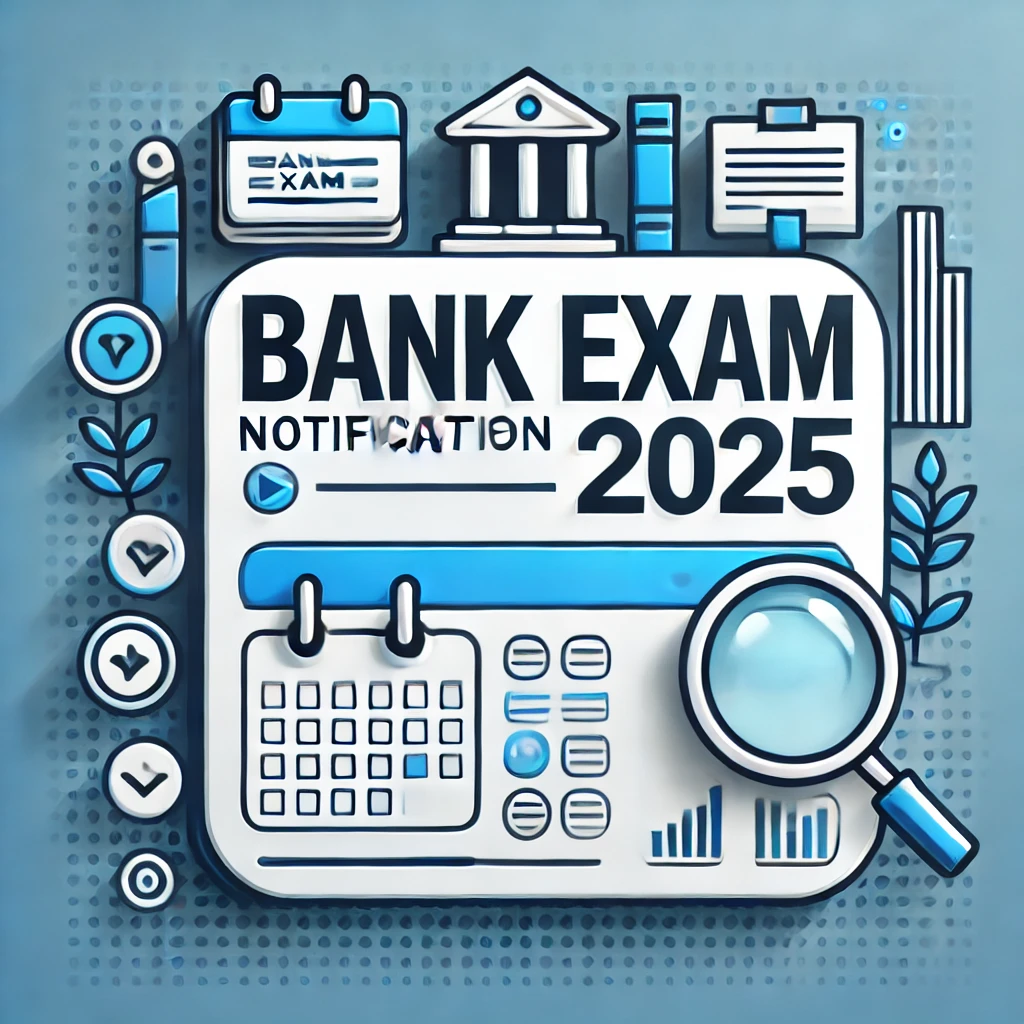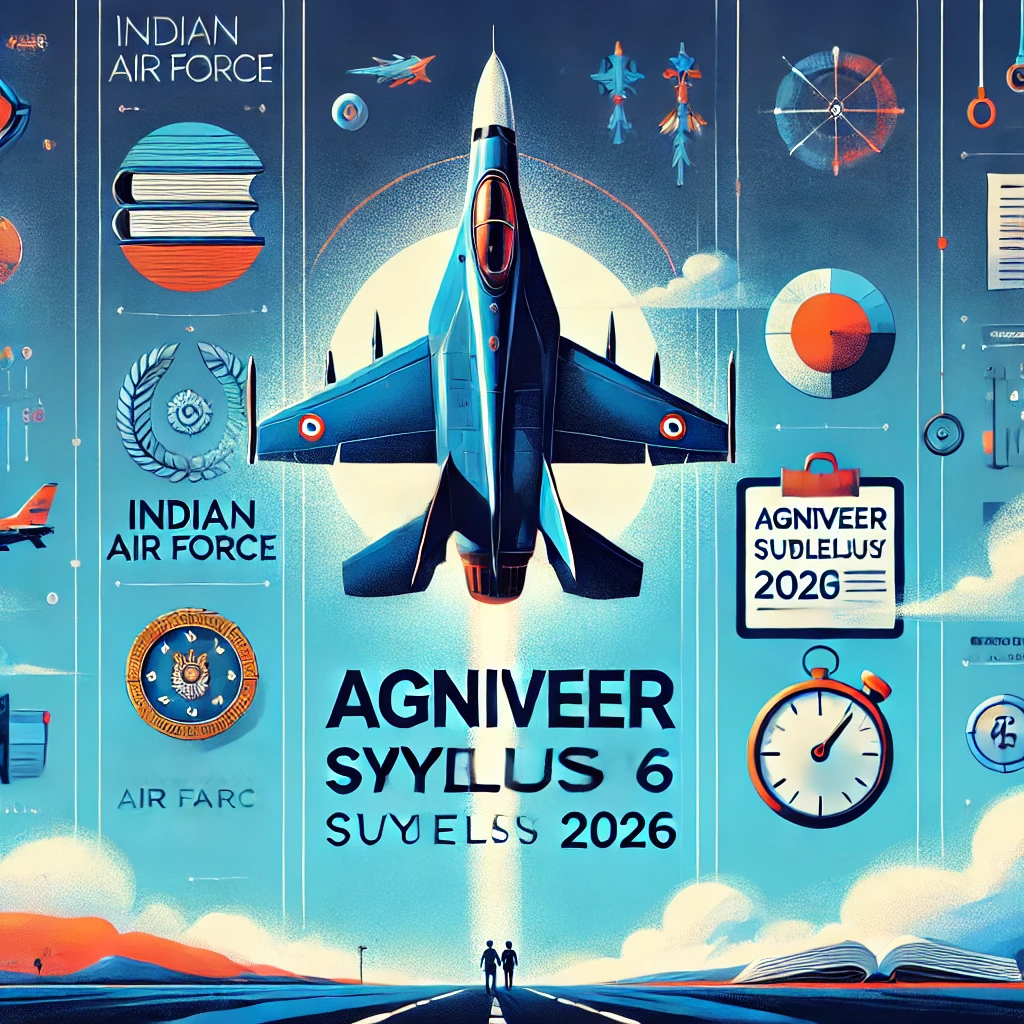Civil Services Exam Syllabus 2025: Detailed Overview and Preparation Guide
The Civil Services Exam (CSE) is one of the toughest and most sought-after exams in India. Every year, lakhs of aspirants vie for prestigious positions in the Indian Administrative Service (IAS), Indian Police Service (IPS), and Indian Foreign Service (IFS). With the right strategy, understanding the Civil Services Exam syllabus thoroughly is the first step toward achieving success.
The CSE is conducted by the Union Public Service Commission (UPSC) and consists of three main stages: Preliminary Exam, Mains Exam, and the Interview. While many aspirants focus on the exam pattern and important dates, the syllabus is often overlooked, but it’s the most crucial document that shapes your entire preparation strategy.
Here’s a detailed guide to understanding the complete syllabus for the Civil Services Exam 2025, with practical tips for each section.
1. Prelims Syllabus: The First Step Towards Success
The Civil Services Prelims exam consists of two objective-type papers: General Studies Paper I and General Studies Paper II (CSAT). Here’s what you need to focus on:
General Studies Paper I (GS-I)
This paper tests a wide range of topics, including:
- Current Affairs: Stay updated on national and international events, economics, politics, sports, and more.
- History: Focus on Ancient, Medieval, and Modern Indian history, along with world history.
- Geography: Both physical geography and the geography of India.
- Polity and Governance: Topics such as the Indian Constitution, political system, and democratic governance.
- Economics: Key economic concepts, economic development, and India’s economy.
- Science and Technology: Understanding basic scientific principles and developments in technology.
- Environment and Ecology: Sustainable development, climate change, and environmental issues.
- General Issues: Focus on broader issues affecting India, including climate change, security, and health.
General Studies Paper II (CSAT)
This paper evaluates your aptitude and reasoning ability. It includes:
- Comprehension: Reading passages and answering related questions.
- Logical Reasoning: Patterns, sequences, and logical puzzles.
- Decision Making: Ethical decision-making scenarios and problem-solving.
- Basic Numeracy: Arithmetic, percentages, ratios, and basic math.
2. Mains Syllabus: The Core of Your Preparation
After clearing the Prelims, candidates move on to the Mains exam. The Mains syllabus is extensive, with 9 papers in total. Each paper has specific subjects, and it’s essential to study each thoroughly.
Paper A: Indian Language
This paper tests your proficiency in any one of the Indian languages listed in the Eighth Schedule of the Constitution. It includes:
- Comprehension of given passages.
- Precis writing, essay writing, and grammar.
Paper B: English
The English paper tests your comprehension and writing skills. It includes:
- Comprehension and précis writing.
- Vocabulary and grammar.
Paper I: Essay
This paper tests your ability to write a coherent and well-structured essay. You’ll be given a choice of topics, and your essay must demonstrate critical thinking, clarity, and depth. Topics often focus on social, political, economic, or environmental issues.
Paper II: General Studies Paper I
This paper covers:
- Indian Heritage and Culture: Ancient and modern cultural aspects of India.
- History of India: Ancient, medieval, and modern Indian history.
- World History: Important world events, movements, and leaders.
Paper III: General Studies Paper II
This paper focuses on:
- Governance, Constitution, Polity: India’s political system, federalism, local governance, and the role of the judiciary.
- Social Justice: Issues like affirmative action, social welfare schemes, and poverty alleviation.
- International Relations: India’s foreign policy, global challenges, and diplomacy.
Paper IV: General Studies Paper III
This paper includes:
- Technology: Developments in science, IT, and biotechnology.
- Economic Development: Growth, issues in the Indian economy, and planning.
- Environmental Issues: Sustainability, biodiversity, and climate change.
- Disaster Management: Understanding natural and man-made disasters and mitigation strategies.
Paper V: General Studies Paper IV
This paper tests your understanding of:
- Ethics, Integrity, and Aptitude: Important ethical theories, governance ethics, and the application of ethics in daily life.
- Emotional Intelligence: Decision-making, self-regulation, and public administration ethics.
Paper VI & VII: Optional Subject Paper I and II
Choose an optional subject based on your interest and academic background. Subjects range from Anthropology to Zoology, with each subject having two papers. Popular choices include Geography, History, Political Science, Public Administration, and Sociology.
3. Interview: The Final Stage
After clearing the Mains exam, you will face the Personal Interview or Personality Test. This stage evaluates your:
- Personality and attitude.
- Knowledge of current affairs.
- Communication skills.
- Decision-making ability.
Practical Tips for Effective Preparation
- Make a Timetable: A well-structured timetable is essential to cover all the subjects and topics.
- Focus on Current Affairs: Stay updated on current events by reading newspapers, magazines, and online platforms regularly.
- Understand the Syllabus, Don’t Memorize It: The key to effective preparation is understanding the core concepts rather than rote learning.
- Choose Your Optional Subject Wisely: Choose a subject that aligns with your interest and strengths.
- Practice Answer Writing: Mains exams require clarity and precision in writing, so practice regularly.
- Take Mock Tests: Mock tests will help you assess your progress and improve time management.
Conclusion
The Civil Services Exam syllabus is extensive, but with a clear understanding and strategic preparation, cracking the exam is achievable. Remember, consistency, hard work, and a methodical approach are key to success. Make sure you cover all aspects of the syllabus, stay updated with current affairs, and keep revising regularly.
Start early, stay focused, and follow a disciplined study plan to increase your chances of success in the Civil Services Exam 2025.




 1
1
 2
2
 3
3
 4
4
 5
5
Leave a Reply